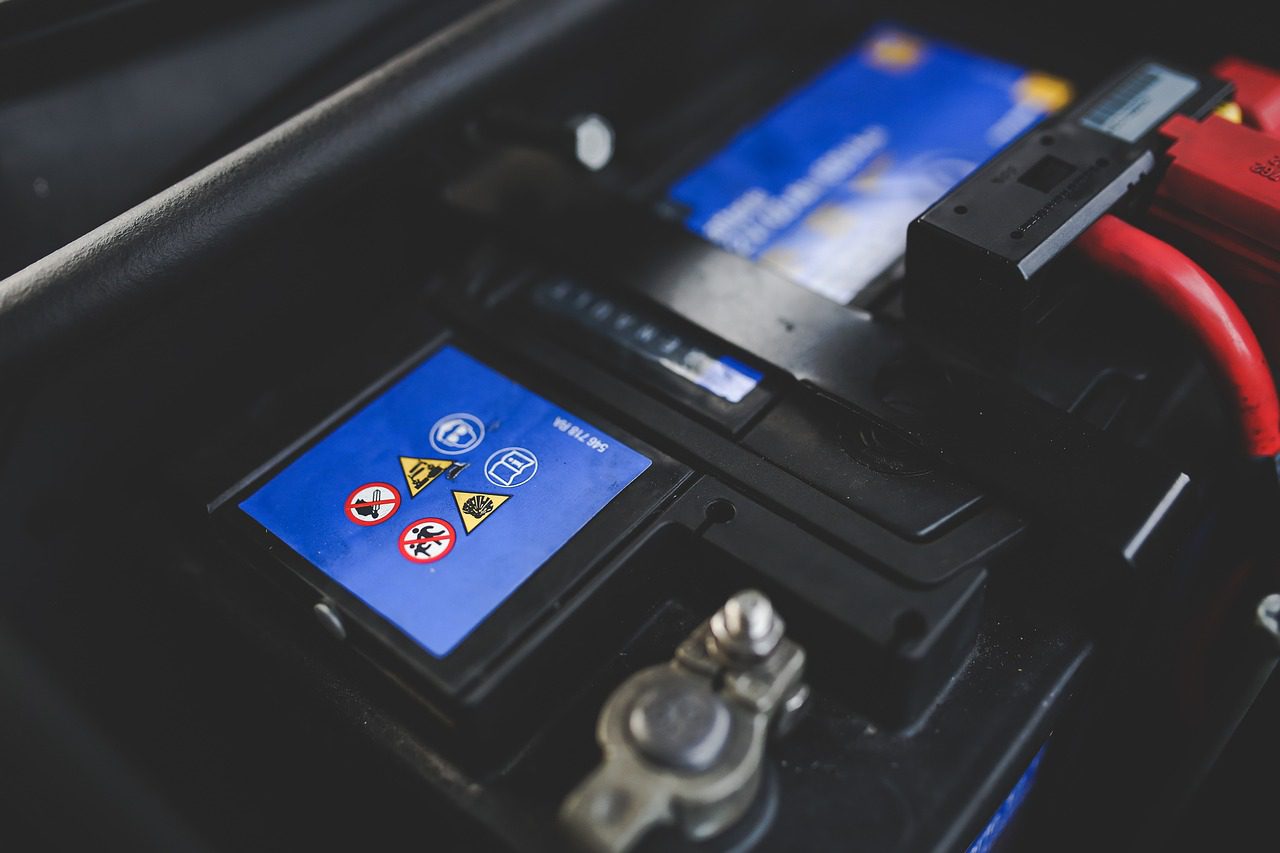
U.S. says Chinese lithium-ion batteries are made with child labour as trade war spills into EVs
The U.S. government’s decision to tie a generous electric-vehicle subsidy to inputs from friendly countries was an obvious attempt to shift the EV supply chains away from China.
But the power of the purse isn’t the only strategy available to Washington. The Biden administration in late September added lithium-ion batteries from China to the U.S. Labor Department’s list of products derived from child and forced labour, a more subtle example of how the United States intends to offset Beijing’s influence over a once-in-a-lifetime technological change, some industry insiders say.
The Labor Department said China imports almost 90 per cent of its cobalt from the Democratic Republic of Congo (DRC), where a significant amount of the mineral is produced through informal mines that employ children. The Asian powerhouse uses about 50 to 80 per cent of its cobalt imports to make battery chemicals and components, justification enough for including Chinese batteries among items produced with child labour, the Labor Department said.
It’s been known for years that child labour is prevalent among DRC’s artisanal and small-scale mines, yet this is the first time the U.S. government has chosen to include Chinese batteries, which dominate the market. Companies that use products from the list are in no danger of prosecution, but they might face uncomfortable questions from customers, activists and politicians.
The compendium, which also linked solar cells from China and crude palm oil from Indonesia to forced labour, “can be considered a risk radar used to raise public awareness” on labour exploitation, said Christine Feroli, a spokesperson for the U.S. Labor Department.
The addition of lithium-ion batteries to the list comes at a time when the U.S. is looking to diversify its supply chain away from China, which has a strong grasp of the EV sector, and toward its allies, a trend known as “friendshoring.” In a speech in Washington, D.C., last week, Canada’s deputy prime minister, Chrystia Freeland, also emphasized the practice, stressing the need to speed up the development of energy projects in Canada so that the nation can support allies in need.
